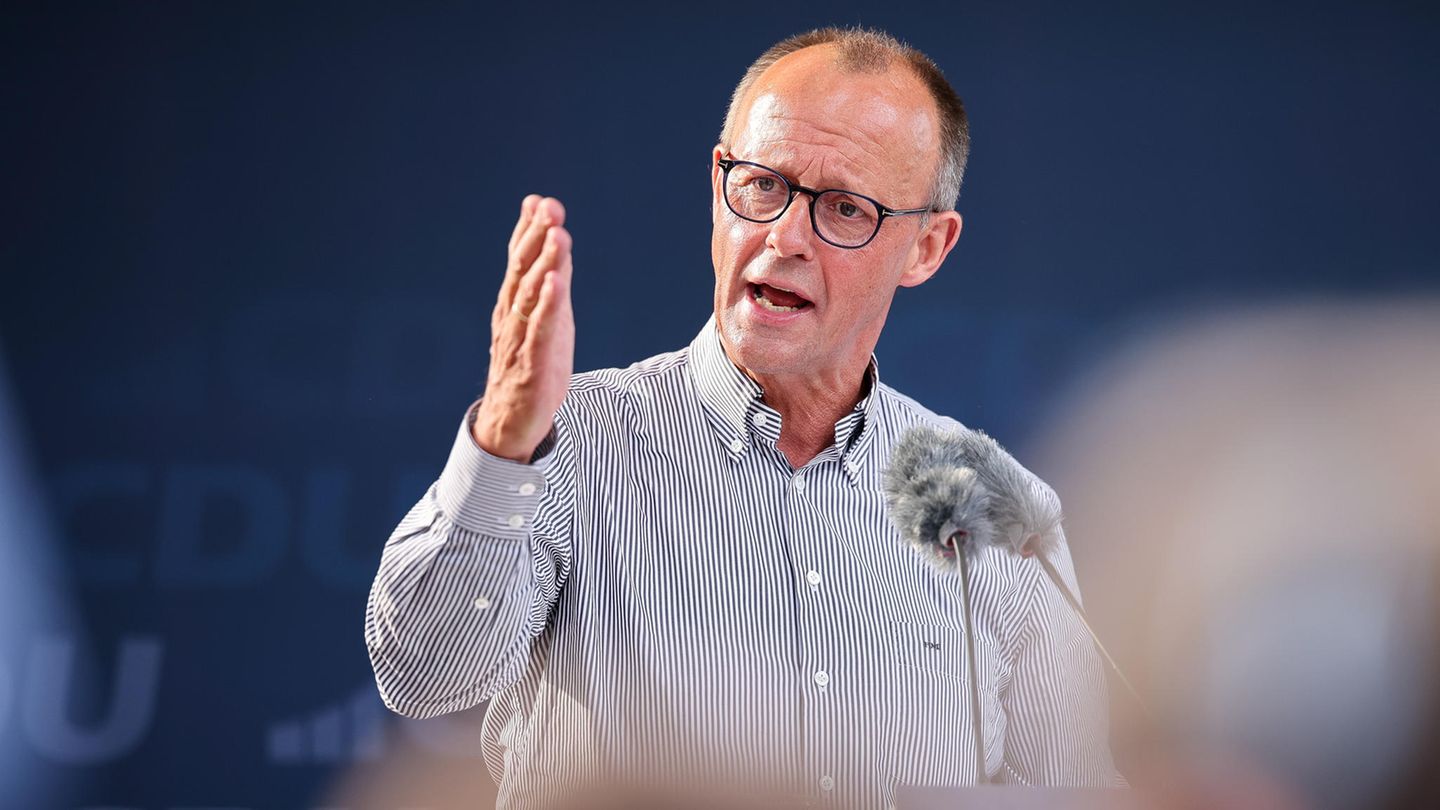I have been working in the news industry for over 6 years, first as a reporter and now as an editor. I have covered politics extensively, and my work has appeared in major newspapers and online news outlets around the world. In addition to my writing, I also contribute regularly to 24 Hours World.
Menu
Solingen attack: Will asylum law now be tightened?
Categories
Most Read
Revolt against pension reform: The Union MPs must be brave!
October 14, 2025
No Comments
Hamas hostages: What happened to the women from Israel
October 14, 2025
No Comments
Ukraine: Volodymyr Zelenskyj denaturalizes mayor of Odessa
October 14, 2025
No Comments
Government statement: French Prime Minister suspends controversial pension reform
October 14, 2025
No Comments
Mark Rutte: NATO chief makes fun of Russian navy
October 14, 2025
No Comments
Latest Posts

Opposition victory in Cameroon election?
October 14, 2025
No Comments
Opposition candidate Issa Tchiroma Bakary (79) declared himself the winner. Long-time president Paul Bija (92, left) with his wife Chantal The 79-year-old announced on Tuesday:

Tension due to the shortage of pesos: the Treasury must choose between validating very high rates or releasing liquidity to the market
October 14, 2025
No Comments
Short rates in pesos once again register a marked bullish pressure in the midst of a context of strong illiquidity in the financial system. In

The final of the 2025 Buenos Aires Games began in Mar del Plata
October 14, 2025
No Comments
October 14, 2025 – 14:07 More than 30 thousand finalists from all over the province are participating since this Monday in the decisive stage of
24 Hours Worlds is a comprehensive source of instant world current affairs, offering up-to-the-minute coverage of breaking news and events from around the globe. With a team of experienced journalists and experts on hand 24/7.

